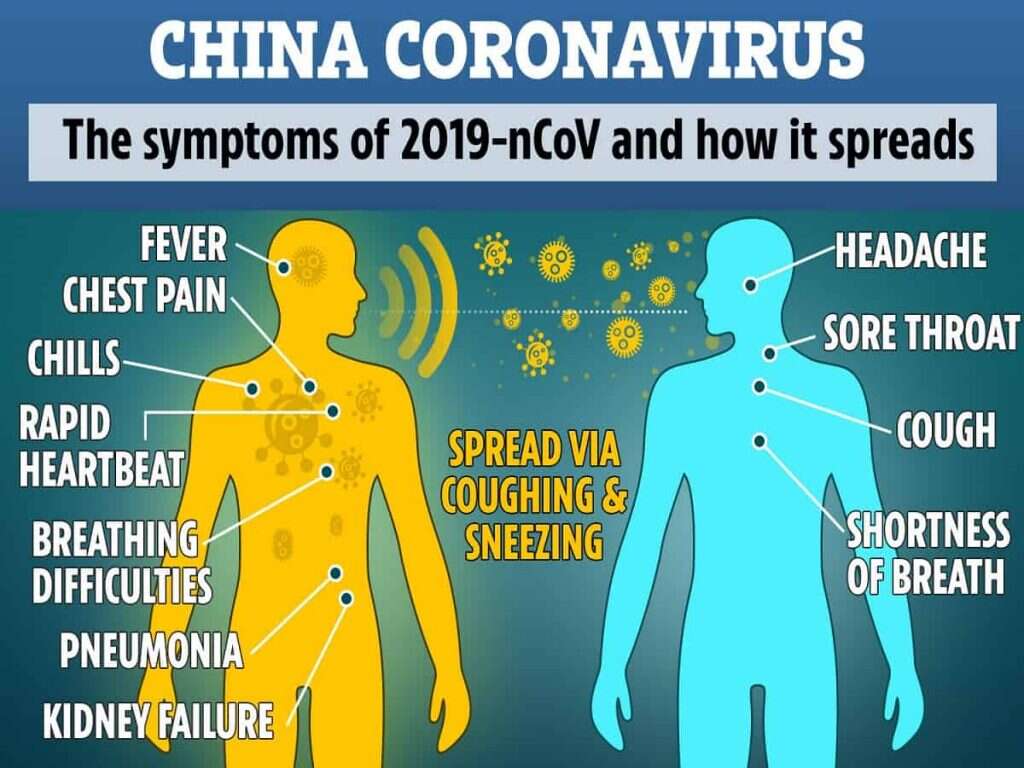What Is SARS Virus?
 Article Sources
Article Sources
- 1. Zheng, Jian et al. SARS-related Virus Predating SARS Outbreak, Hong Kong. Emerging Infectious Diseases vol. 10,2 (2004): 176-78. doi: 10.3201/eid1002.030533.
- 2. Wu, Jiang et al. Risk Factors for SARS among Person's without Known Contact with SARS Patients, Beijing, China. Emerging Infectious Diseases vol. 10,2 (2004): 210-16. doi: 10.3201/eid1002.030730.
- 3. Richardson, Susan E. et al. The Laboratory Diagnosis of Severe Acute Respiratory Syndrome: Emerging Laboratory Tests for an Emerging Pathogen. Clinical Biochemistry Review vol. 25,2 (2004): 133-42.
5. Signs and Symptoms
SARS has an incubation period of two to seven days. During that time, there are no symptoms present. The first symptom most people get is a fever of at least 104 degrees Fahrenheit. Often the person’s temperature is much higher and is associated with chills and rigor. In these early stages, people may also experience a headache, muscle pain and overall fatigue.
As the illness progresses, and typically within three to seven days, respiratory symptoms develop. A persistent, dry cough is common. This may be accompanied by shortness of breath. The potential for the development of low blood oxygen level exists. Some patients require intubation to assist with breathing and oxygenation.
Advertisement











